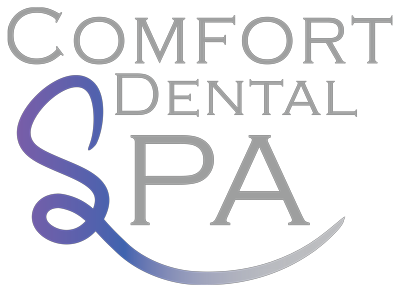Sensitive teeth can be a symptom of numerous oral health issues. A cracked tooth, for instance, may expose the dentin and its microscopic tubules that feed sensory information to your tooth’s pulp. If the crack is severe, it can even expose the pulp itself. Worn tooth enamel and the onset of tooth decay are also common causes of tooth sensitivity. If your discomfort is compounded by headaches, pain, stiffness, or soreness in the face, neck, jaw, or shoulders, then the issue may be more complicated than a disturbed tooth. Farmington Hills dentist Dr. Aziza Askari discusses how TMJ disorder could be the cause of your sensitive teeth and other dental maladies.
TMJ Disorder and Your Teeth
Your temporomandibular joints, or TMJs, are the two joints that connect your lower jaw (mandible) to your skull’s temporal bones, which are located in front of each ear. When you talk, chew, and yawn, the movement of your jaw is controlled by the muscles that surround these flexible joints. When problems arise with the jaw muscles or parts of the joints, the symptoms are referred to as TMJ disorder. Symptoms vary widely depending on the severity and underlying cause. For instance, issues that arise from injury to the jaw, head, or neck muscles may include facial pain, dizziness, and shoulder or lower back pain. If TMJs and jaw muscles are fatigued from repeatedly clenching and grinding your teeth (bruxism), the discomfort in your jaw can be accompanied by toothaches and excessively worn tooth enamel. If your jaw is not properly aligned, your joints and muscles have to work overtime to correct the misalignment when you eat or talk. A misaligned bite can also place undue stress on your teeth, which can eventually give rise to additional dental problems.
Discuss Your Symptoms
The various symptoms of TMJ disorder are diverse and shared by multiple other health issues. Because of this, TMJ disorder is often incorrectly diagnosed, or not diagnosed at all. You can see a list of common TMJ disorder symptoms on our TMJ Symptoms page. If your sensitive teeth are accompanied by these or other similar symptoms, be sure to discuss them with Dr. Askari during your consultation.
